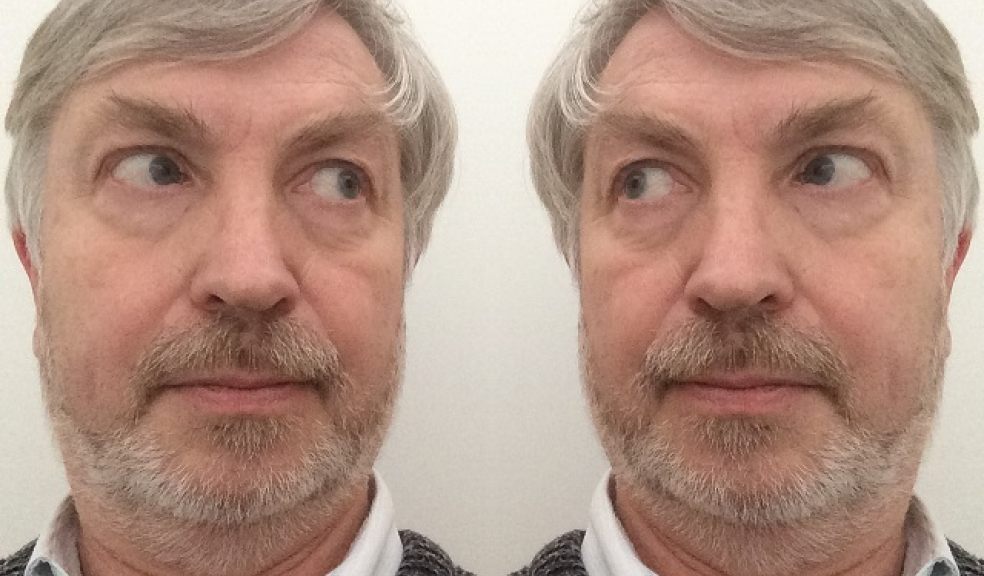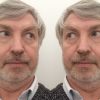
Who do we think we are?
Probably one of the most important questions we can ask ourselves is‘who we think we really are’. Our self-identity is an issue that runs through human history and is found in the works of poets, artists, theologians and psychologists – to name but a few.
Who we believe we are is of course influenced by people around us – the names they use to describe us, how others relate to us, and the familiar, social, tribal and faith groups we belong to.
Even Jesus raises the matter when he says to Peter, ‘who do people say I am’. He then later personalises the issue by re-phrasing the question –‘who do you reckon I am?’ Leaving aside the whole debate about Messianic secrets, here is a fundamental matter of human character – how we are perceived by those about us and how we see them.
But to engage in this discussion, there are parallel questions: Who do we identify ourselves with? Who or what do we belong to? Who or what gives us purpose and meaning? Whose values do we live by – do we believe in?
And these issues cannot be addressed in private because they are all shaped and formed by our relationships with one another, with the Earth, and, for some of us, with the Holy.
The political earthquakes of 2016 were partly due to us not being sure of who we are. Are we really ‘European’ or ‘British’ or ‘English’ or ‘Scottish’, and so on? There was a retreat to “little England” in our minds where our identity was shaped by a mythical golden age of imperialism and cultural homogeny. At times, we even sensed that our puritanical past was being stirred by distancing ourselves from catholic continentalism.
However, it does us no credit to forget that we all descend from in-migrant families! We all have ‘foreign’ or refugee blood in our history.
Today our identities are under pressure. Broken families or communities of history may not give us the confident identity they once did. Many of us do not relate to communities of place as social mobility encourages us to rip up our roots rather than set them down deeply. Nationality and patriotism that historically set boundaries of inclusion are now more often bones of contention. Even apprenticeships, careers and professions are no longer life-time conveyors of worth. Spiritual identity is frequently confused or incoherent.
We find ourselves at a difficult time of needing to rediscover our identity. This vacuum brings with it some hopeful explorations but also some dark dynamics. The drives of racism, misogyny and religious hatred challenge us all. As those who would divide the world into ‘us’ and ‘them’ rear their aggressive heads, we recall the pleas of Martin Niemoller about blaming, ostracising and eventually removing one socially dubious group after another.
Holocaust Memorial Day a few weeks ago, reminded us of the slide from classification to dehumanisation, and then on to extermination and denial.
We all need relationships of scale and belonging to an immediate community of caring concern has to be where we start – whether family, locality, congregation or shared interest. But we should not put walls around these communities, as much as semi-permeable membranes. The challenge for every community is to grow, but not do so at a cost to other groups and especially not by victimising others.
My hope is that we ultimately identify ourselves as human beings with most of our lives being experienced mutually with others. Ultimately, we share two things with all other people – our common humanity and our common home. Surely it is vitally important to recognise ourselves as parts of the web of life and our interconnectedness with the whole inhabited universe. Our deeper security lies in building trust with others around us, not with building walls which inevitably crumble into historical dust…
This article originally appeared in Devon Churches Green Action News, March 2017














